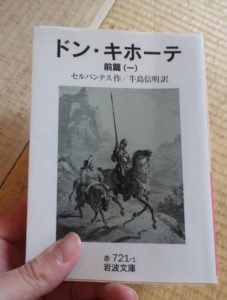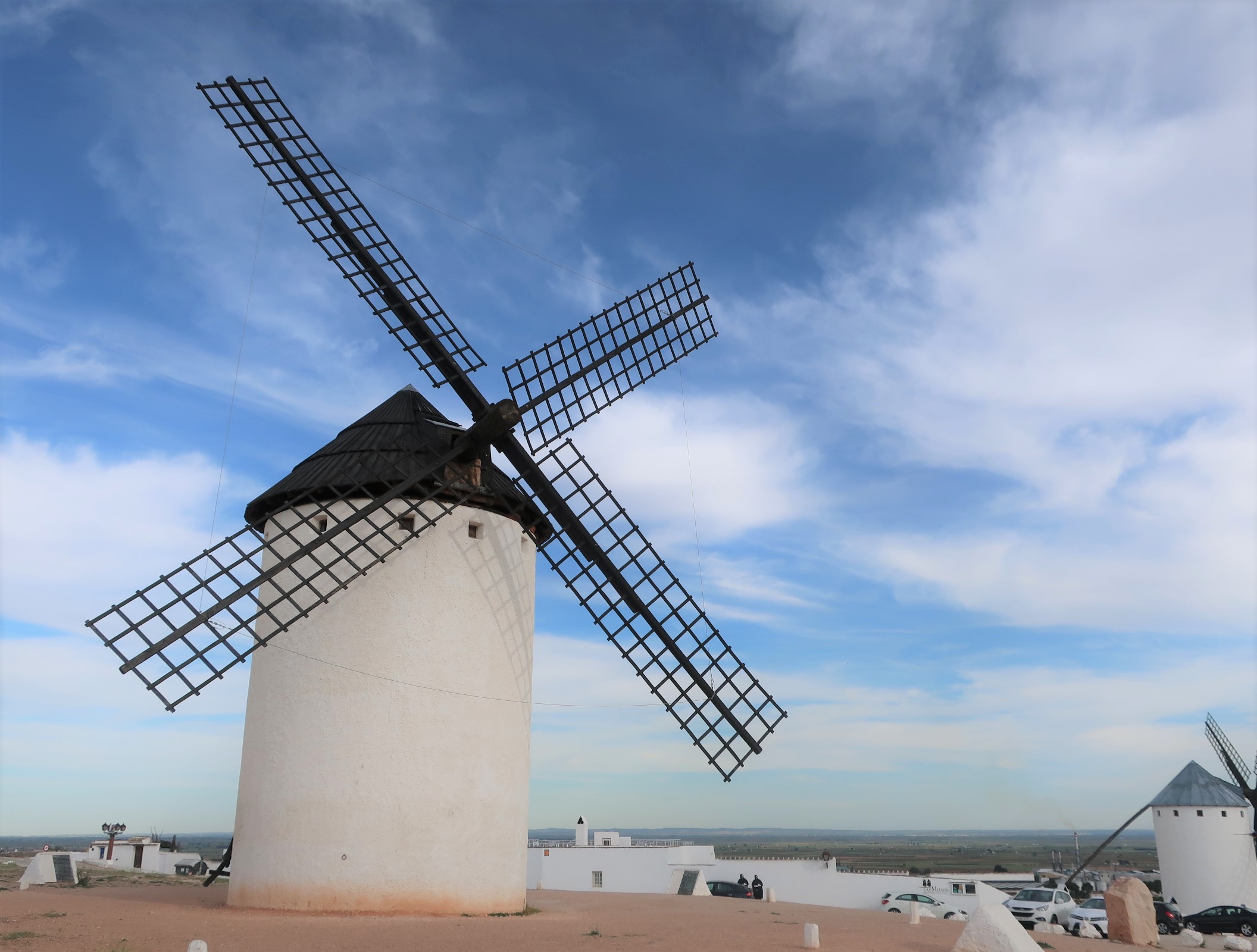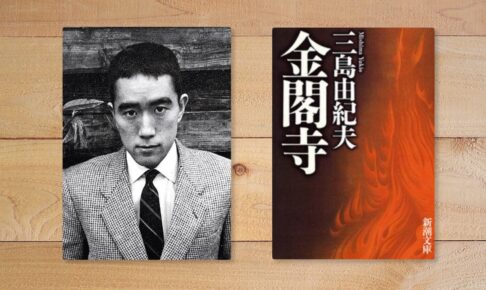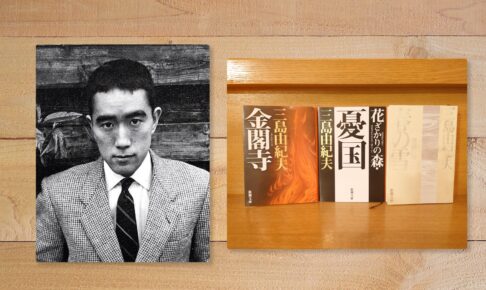My Round-the-World Journey, Don Quixote's Ideals, and Dostoevsky: My Encounter with Dostoevsky (3)
Previous ArticleThe Impact of the Grand Inquisitor in "The Brothers Karamazov! What exactly is religion? My Encounter with Dostoevsky (⑵)"Now I have told you about my encounter with Dostoevsky.
At the time, I was a 20-year-old college sophomore.
The question of the Grand Inquisitor in "The Brothers Karamazov" was to be etched vividly in my mind.
However, perhaps it was still too heavy for me, I read only "Crime and Punishment" and had no desire to read his other works.
Dostoevsky depicts the deepest, blackest parts of human nature.
I remember getting sick just reading about it.
Then I moved on to my third year, and as I was busy studying for seminars and preparing for graduate school entrance exams, I became more and more detached from Dostoevsky.
When I entered graduate school, I forgot about Dostoevsky again because of seminars and master's thesis, and when I graduated and worked as a monk at another temple, I read as much as I could, but my body was still wounded. At that time, I did not think I would bother to read Dostoevsky, which made me sick.

This situation began to change last year when I traveled around the world.
I resigned from work at the end of December 2018 and went back to my parents' house, and from there until my departure at the end of March the following year, I was just devouring books from morning to night.
I did everything I could to prepare not only the Bible and the Koran, but also the history of Christianity, Islam, humanity, and world literature to gain knowledge of the countries I would be visiting.
Then the journey began, and I began to feel a sense of connection between what I had learned so far and what I saw and felt directly on the ground.

And among them, I noticed that Don Quixote was occupying a larger and larger percentage of my mind.
I first read it the year before I left.Don Quixote."I was so fascinated by it that I read it again before I left. I was so captivated by it that I read it again before I left and even put it on my kindle to read as a travel companion.
Don Quixote is the story of an itinerant knight who strove to realize his ideals.
I had taken the liberty of idealizing Don Quixote and superimposing him on my own journey.

Above all, it was Don Quixote that saved me when I was completely devastated after being robbed in Bosnia and Herzegovina.
No matter what hardships he suffers, no matter how miserable and awful he is, he is not daunted.
If we pursue our ideals, it is only natural that we will suffer. Even so, we must grit our teeth and keep going!
Finally, Don Quijote's presence was growing in my mind.

And in the last country, Cuba, I was able to visit the mausoleum of Che Guevara, who brought me and Don Quixote together.
I came to read "Don Quixote" because I learned that Che Guevara loved reading "Don Quixote" and found it to be a source of inspiration. If someone like Che Guevara loved "Don Quixote" that much, I would definitely like to read it myself. That was my motivation.

After I returned to Japan, I worked hard to gather materials and write for the World's Best Circumnavigation.
Days are spent reading materials and writing articles.
I was on fire with ideals. My round-the-world journey may be over, but there is so much more to do from here! I was determined to keep going! I was determined to keep going.
One day at the end of July, however, these days would change.
That day I was in the precincts of a large temple in Hakodate as a support staff member for a children's association run jointly by Hakodate temples.
More than 100 children come each year to enjoy this two-day and one-night temple sleepover.
It is not a rare experience to be able to stay overnight in the main hall of a temple. The children are excited to play with each other.
Time passed quickly as we played with the children, had recreation, and ate dinner. The children's power is bottomless, and even at night the main hall was filled with their cheerful cheers.
I was already exhausted from the power of the children, but after a short rest, I stepped out again into the main hall where the children's energetic voices echoed.
Children were still running around, playing balloon volleyball and dodgeball, or curled up playing cards, or talking quietly in the corner, the world was truly chaotic.
I did not join them, but just continued to watch them quietly in a corner of the main hall.
I don't know why, but I just felt compelled to watch them.
In front of you is a group of children moving chaotically forward and backward, right and left, while behind them are several circles formed by people sitting and chatting.
Then I hear a cheer that resembles a shout, and I see the children whispering in secret voices.
There were children in the opposite corner from me who were too frightened to join any of the groups, while others were lying down, not caring about such things.
The sight in front of me, the sounds of children's voices and noises in my ears, and the smell of incense peculiar to temples, which does not suit such chaos.
I was wrapped up in such a scene and lost myself in vague thoughts.
Each one of these children has a different personality and lives under different circumstances.
I've only been with these kids for a little while, but they are all interesting and nice in their own way.
But maybe some of the children will bully or fight with someone in the process.
...Behold this chaos! What could have happened?
You might suddenly change your mind and become vexed; on the other hand, you might suddenly become jovial and a friendship might develop.
Who knows what will happen in the world...
I would love nothing more than for all of these children to grow up happy.
But even that doesn't know what will happen.
They may not have a good family environment, or they may go through various hardships at school or in society, and they may do things that hurt others.
You know, reality can be so cruel to children.
What is the point of me talking about ideals in such a chaotic situation?
Like Don Quixote, we may have ideals, but if we don't know the reality, we'll just end up with nothing!"
I knew that I had taken a leap of logic. I was also disgusted with myself for imagining a harsh future for my children without their permission.
However, at that time, I strongly felt that something was definitely missing from the current idealistic approach.
And I was astonished at my own congratulations.
For a while I just watched them in amazement.
The world in front of me is still as innocent and lively as ever, leaving me alone. The world is not busy enough to care about me.
Yeah! Wait for me! Ha-ha-ha! A-ha-ha!
...But then, what the hell are we going to do now?
I ask myself.
The chaotic world before us, and the uncertainty of human beings not knowing what will happen...
I suddenly felt something faintly emerge from within me.
Chaos... uncertainty... human reality... blackness...
...!
It's Dostoevsky!
Yes, it is! The opposite of ideal! When it comes to the throes of reality, there is no equal to Dostoevsky!
I remembered that "The Brothers Karamazov" also depicted the chaos and blackness of human beings! I remembered that "The Brothers Karamazov" also depicted the chaos and blackness of human beings!
What I am missing now. It is to know the blackness of human beings.
Only when you know the chaos and blackness of the situation can an ideal become an ideal.
Ideals that ignore reality have no power.
That is why we need to go back to Dostoevsky again now...!
I stood alone in the main hall, where the children's cheers echoed, and froze as if I had been struck by lightning.
This is my second encounter with Dostoevsky.
From this time to the present, I have continued my research on Dostoevsky.
As I studied him, it became clear that Dostoevsky and Shinran Shonin, the founder of Jodo Shinshu, had remarkable things in common. The meaning of studying Dostoevsky is becoming more and more significant.
In the next article, we will discuss Dostoevsky and Hideo Kobayashi.
Hideo Kobayashi was a literary figure active in the Showa period and was known as the god of criticism. He was the bridge between me and Dostoevsky. It is thanks to Hideo Kobayashi that my second encounter with Dostoevsky became more solid.
We would be happy to continue working with you.
be unbroken
Next Article.
Click here to read the previous article.
Related Articles







































